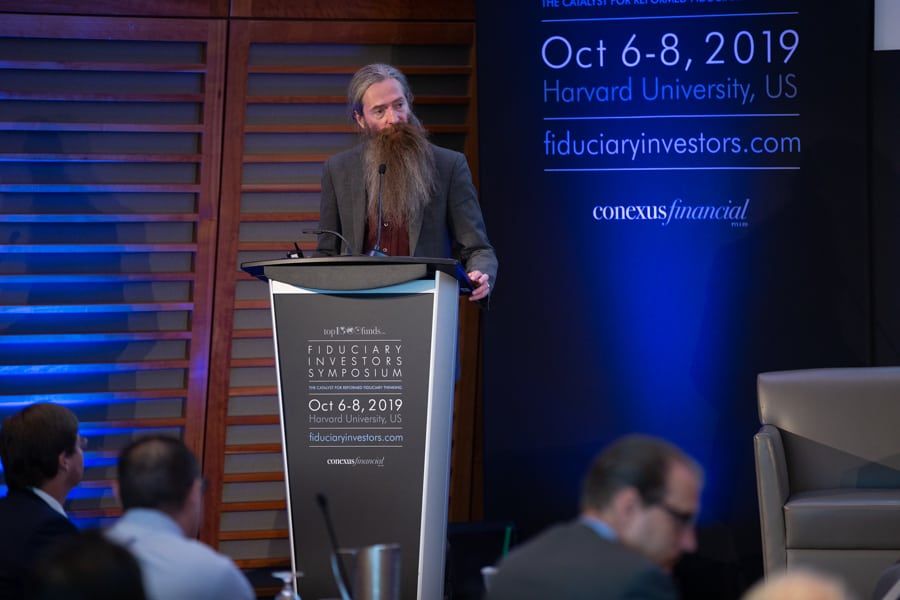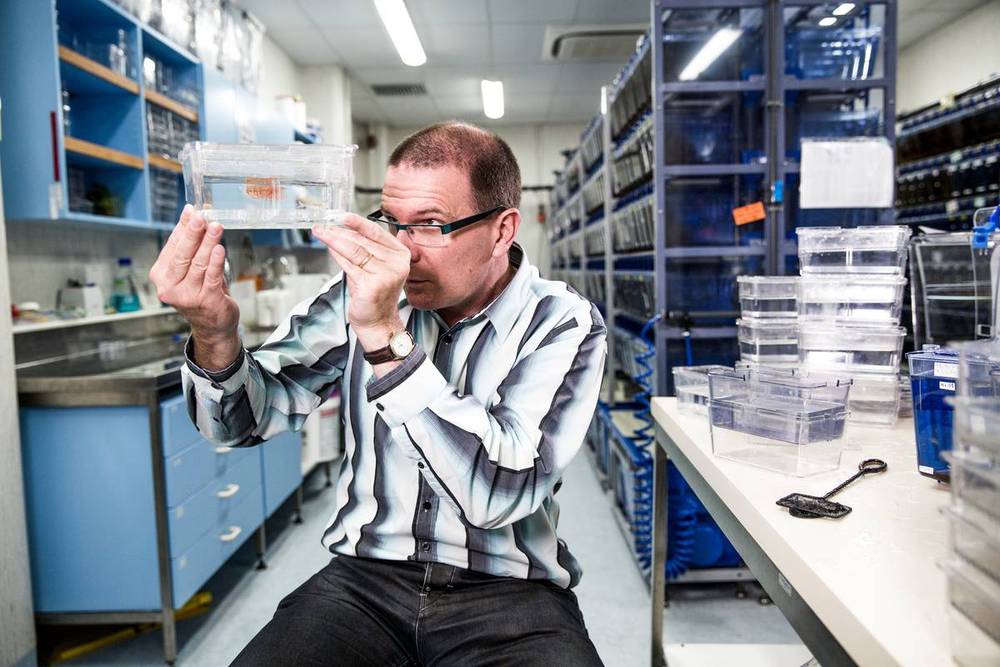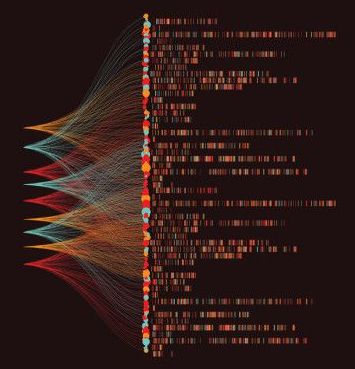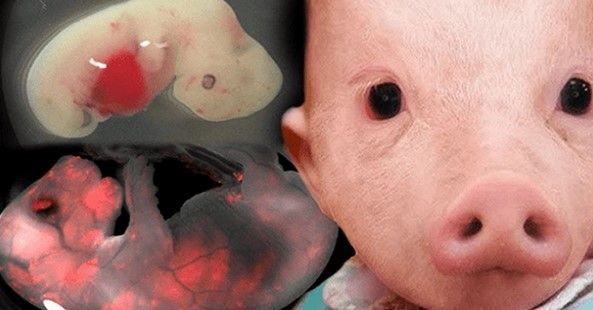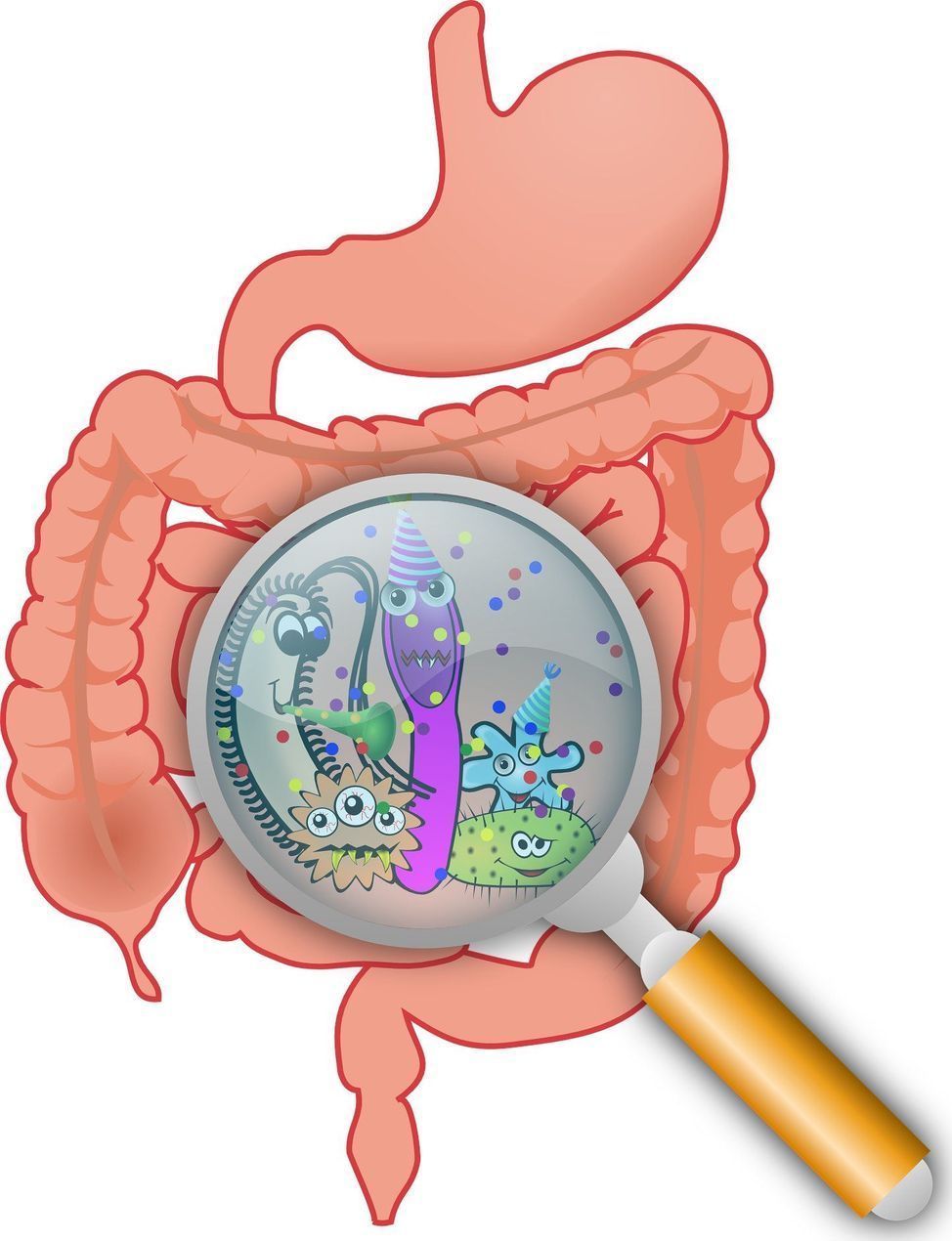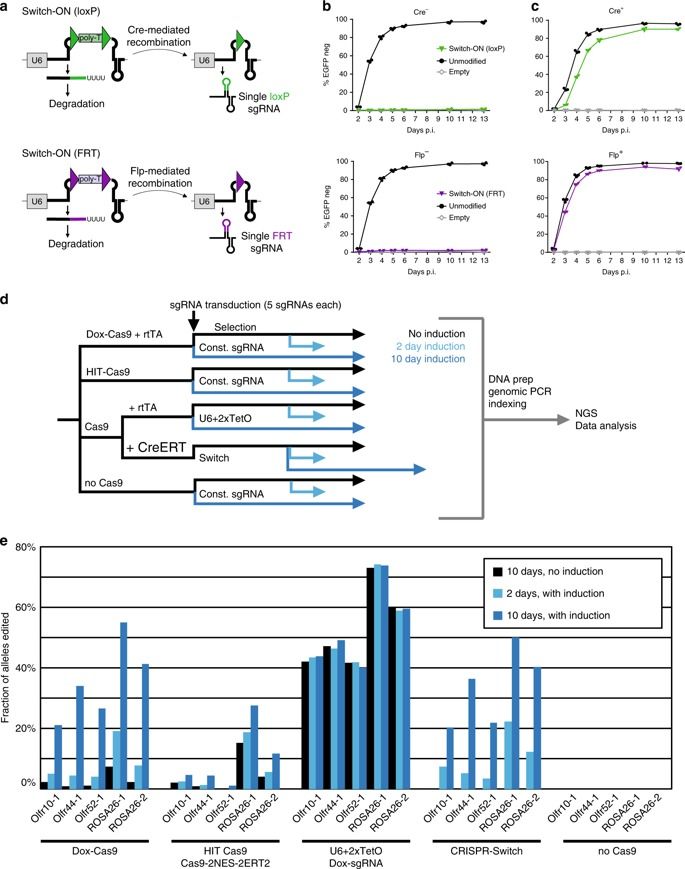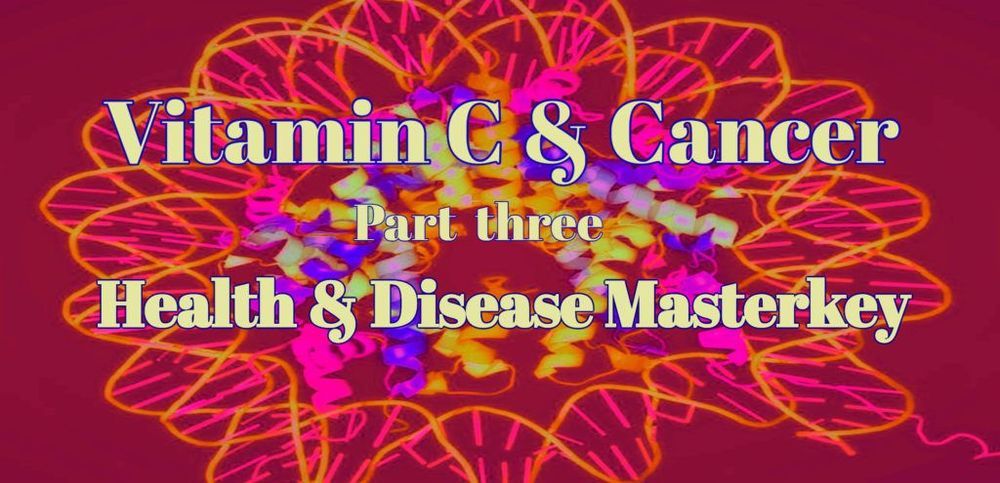Diagnosed with terminal lung cancer, Joe was told he had about 3 months to live. A veterinarian friend of his in western Oklahoma called him and told him about a cancer research experiment he had learned about in which a dog-deworming medicine had cured cancer in the experimental mice… and when the researcher developed cancer, she used the same medicine on herself and her glioblastoma was gone in about 12 weeks.
With nothing to lose and everything to gain, Joe ordered the veterinary product, Fenbendazole, and began taking it. He added a few other things to his regimen such as curcumin and Vitamin E, now known as the “Joe Tippens Protocol”. Three and a half months later, he went in for a scan and he was totally clear!
Joe’s Website: https://www.mycancerstory.rocks/
Joe’s Facebook (group is limited): https://www.facebook.com/groups/mycancerstoryrocks/
See more cancer Survivor Stories at: https://templetonwellness.com/survivor-stories/
Want to learn more about what else you can do to help your body beat cancer? Check out James Templeton’s book, ‘I Used to Have Cancer: How I Found My Own Way Back to Health,’ where he tells the twists and turns of his story of survival. Find out more at this link: https://iusedtohavecancer.com/
For more information and resources on the ins and outs of healthy living with or without cancer, go to the Templeton Foundation website: https://templetonwellness.com/
